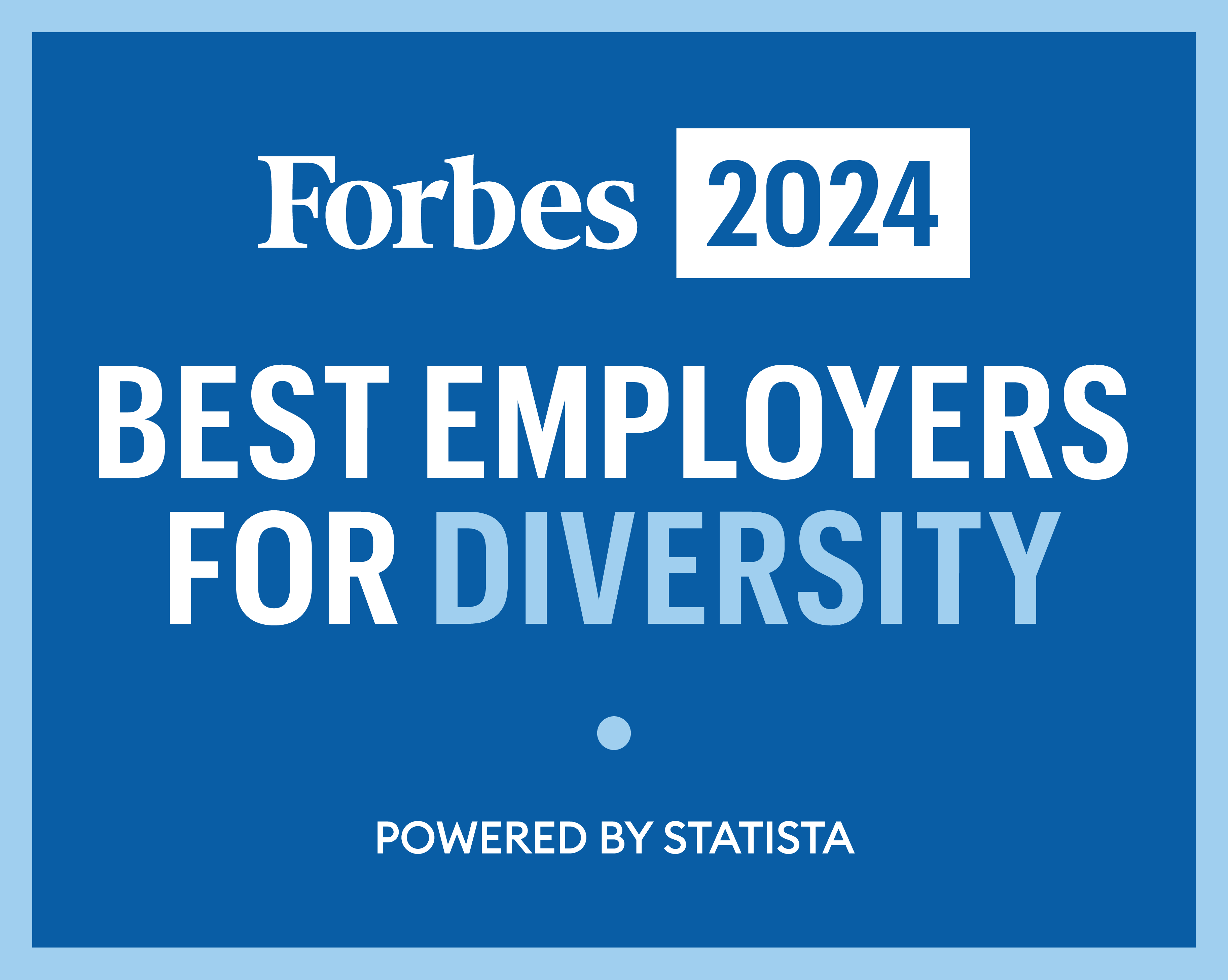3 Junior Specialist - Hydro-Ecology Of Montane Streams and Meadows
Position overview
Application Window
Open date: October 3, 2024
Most recent review date: Friday, Oct 18, 2024 at 11:59pm (Pacific Time)
Applications received after this date will be reviewed by the search committee if the position has not yet been filled.
Final date: Monday, Jun 30, 2025 at 11:59pm (Pacific Time)
Applications will continue to be accepted until this date, but those received after the review date will only be considered if the position has not yet been filled.
Position description
The Center for Watershed Sciences at the University of California, Davis seeks to potentially fill 3 non-tenured, academic term appointments as a Junior Specialist. This position will aid in interdisciplinary studies of the interactions of hydrology and ecology in montane stream and meadow systems.
Research (90%)
Duties include participation in field studies to collect aquatic habitat data, biologic data, geospatial data using GPS equipment, and water quality attributes; management of large databases and datasets; literature review and data collection associated with the application of environmental flows and stream restoration; and participation in data entry, post-processing, data synthesis, and statistical analysis.
Professional Competence & Activity (5%)
Conduct literature searches and help write annual reports to funders. Participation in the creative activities of publishing research and designing future research including reviewing journal articles; engaging in discussions of research to assist in interpreting results; and assisting senior researchers in preparing manuscripts for peer-review journals. Present research results at local and regional scientific meetings, if applicable.
University and Public Service (5%)
Participate in department and campus committees as allowed by funding source.
BASIC QUALIFICATIONS
• Bachelor’s degree in ecology, biology, environmental studies, or related field
• Current California Driver’s License
• Experience collecting data in riverine environments
• Experience working with diverse groups in the field with a variety of stream sampling techniques
• Experience in team-based work that requires communication, decision-making skills, cooperation, and leadership
• Knowledge of statistical analysis
• Strong organizational and communication skills.
• Ability to work independently and remain focused for long periods of time while conducting online and computer-based research
• Ability to bend, squat, and lift up to 50 pounds of field equipment repetitively during field sampling days of 8-10 hours duration in weather conditions spanning cold winter rains to hot summer days.
PREFERRED QUALIFICATIONS
• Experience managing large datasets and creation of databases
• Experience with geospatial analysis and GPS-based field survey methods
• Knowledge of environmental flow applications
• Knowledge of stream restoration practices
• Experience with data analysis and technical writing
• Knowledge of MS Excel, Word, and Access; ArcGIS; and Program R software.
• Ability to mentor and lead undergraduate and similar field assistants
In general, it is inappropriate to appoint an individual with a Master’s or doctoral degree in the relevant discipline or a baccalaureate degree plus three or more years of experience with the specialized methods as a Junior Specialist
Qualifications
• Bachelor’s degree in ecology, biology, environmental studies, or related field
• Current California Driver’s License
• Experience collecting data in riverine environments
• Experience working with diverse groups in the field with a variety of stream sampling techniques
• Experience in team-based work that requires communication, decision-making skills, cooperation, and leadership
• Knowledge of statistical analysis
• Strong organizational and communication skills.
• Ability to work independently and remain focused for long periods of time while conducting online and computer-based research
• Ability to bend, squat, and lift up to 50 pounds of field equipment repetitively during field sampling days of 8-10 hours duration in weather conditions spanning cold winter rains to hot summer days.
• Experience managing large datasets and creation of databases
• Experience with geospatial analysis and GPS-based field survey methods
• Knowledge of environmental flow applications
• Knowledge of stream restoration practices
• Experience with data analysis and technical writing
• Knowledge of MS Excel, Word, and Access; ArcGIS; and Program R software.
• Ability to mentor and lead undergraduate and similar field assistants
Application Requirements
Curriculum Vitae - Your most recently updated C.V.
Cover Letter (Optional)
Statement of Research (Optional)
Statement of Teaching (Optional)
Statement of Contributions to Diversity, Equity, and Inclusion - Contributions to diversity, equity, and inclusion documented in the application file will be used to evaluate applicants. Visit https://academicaffairs.ucdavis.edu/faculty-equity-and-inclusion for guidelines about writing a statement and why one is requested.
- 3-5 required (contact information only)
Help contact: mgoetze@ucdavis.edu
About UC Davis
As a condition of employment, the finalist will be required to disclose if they are subject to any final administrative or judicial decisions within the last seven years determining that they committed any misconduct, are currently being investigated for misconduct, left a position during an investigation for alleged misconduct, or have filed an appeal with a previous employer.
- “Misconduct” means any violation of the policies or laws governing conduct at the applicant’s previous place of employment, including, but not limited to, violations of policies or laws prohibiting sexual harassment, sexual assault, or other forms of harassment, discrimination, dishonesty, or unethical conduct, as defined by the employer.
- UC Sexual Violence and Sexual Harassment Policy
- UC Anti-Discrimination Policy for Employees, Students and Third Parties
- APM - 035: Affirmative Action and Nondiscrimination in Employment
To implement this process, UC Davis requires all applicants for any open search to complete, sign, and upload the form entitled, "Authorization to Release Information" into UC RECRUIT as part of their application. If an applicant does not include the signed authorization with the application materials, the application will be considered incomplete, and as with any incomplete application, will not receive further consideration.
UC Davis is a smoke and tobacco-free campus (http://breathefree.ucdavis.edu/).
We are an Affirmative Action/Equal Opportunity employer, and particularly encourage applications from members of historically underrepresented racial/ethnic groups, women, individuals with disabilities, veterans, LGBTQ community members, and others who demonstrate the ability to help us achieve our vision of a diverse and inclusive community.
The University of California is an Equal Opportunity/Affirmative Action Employer. All qualified applicants will receive consideration for employment without regard to race, color, religion, sex, sexual orientation, gender identity, national origin, disability, age, protected veteran status, or other protected categories covered by the UC nondiscrimination policy.
For the University of California's Affirmative Action Policy, please visit: https://policy.ucop.edu/doc/4010393/PPSM-20
For the University of California's Anti-Discrimination Policy, please visit: http://policy.ucop.edu/doc/1001004/Anti-Discrimination
Under Federal law, the University of California may employ only individuals who are legally able to work in the United States as established by providing documents as specified in the Immigration Reform and Control Act of 1986. Certain UC Davis positions funded by federal contracts or sub-contracts require the selected candidate to pass an E-Verify check. More information is available at: http://www.uscis.gov/e-verify
The University of California, Davis (UC Davis) is committed to inclusive excellence by advancing equity, diversity and inclusion in all that we do. UC Davis celebrates the multi-cultural diversity of its community by creating a welcoming and inclusive environment demonstrated through a variety of resources and programs available to academics, staff, and students. Diversity, equity, inclusion, and belonging are core values of UC Davis that are embedded within our Principles of Community and are tied with how to best serve our student population. Our excellence in research, teaching, and service can best be fully realized by members of our academic community who share our commitment to these values, which are included in our Diversity and Inclusion Strategic Vision, our strategic plan: “To Boldly Go,” our Principles of Community, the Office of Academic Affairs’ Mission Statement, and the UC Board of Regents Policy 4400: Policy on University of California Diversity Statement. UC Davis is making important progress towards our goal of achieving federal designation as a Hispanic-Serving Institution and an Asian American, Native American, and Pacific Islander-Serving Institution. The Office of Diversity, Equity, and Inclusion offers a plethora of resources on their website, and the Office of Health Equity, Diversity, and Inclusion (HEDI) has outlined similar goals in their "Anti-Racism and DEI Action Plan.” There are a plethora of links available on the About Us webpage where you can learn more about our Administration, Diversity and Inclusion, Rankings, Locations, Native American Land Acknowledgement, Sustainability, Visiting UC Davis, UC Davis Health, and Campus Safety.
The university is consistently ranked among the top institutions in the world for campus sustainability practices by the UI Green Metric World University Rankings. UC Davis is focused on achieving net-zero greenhouse gas emissions and repeatedly shown its commitment to preserving a healthy and sustainable environment for generations to come.
As a University employee, you will be required to comply with all applicable University policies and/or collective bargaining agreements, as may be amended from time to time. Federal, state, or local government directives may impose additional requirements.

